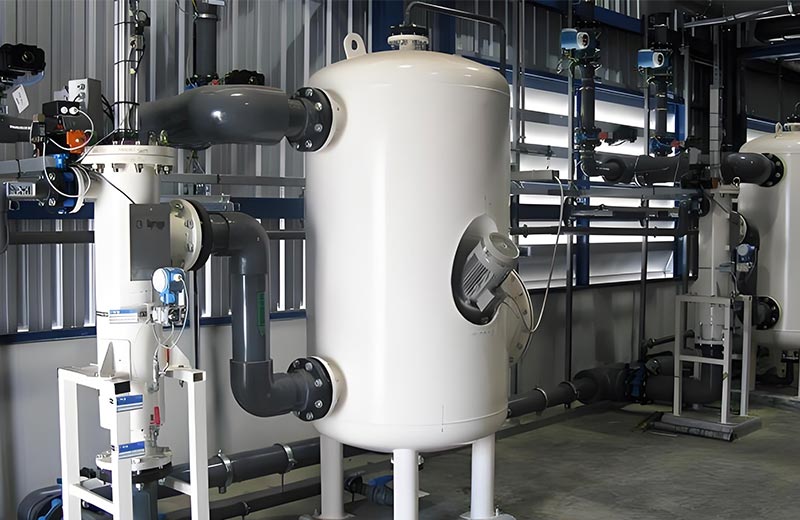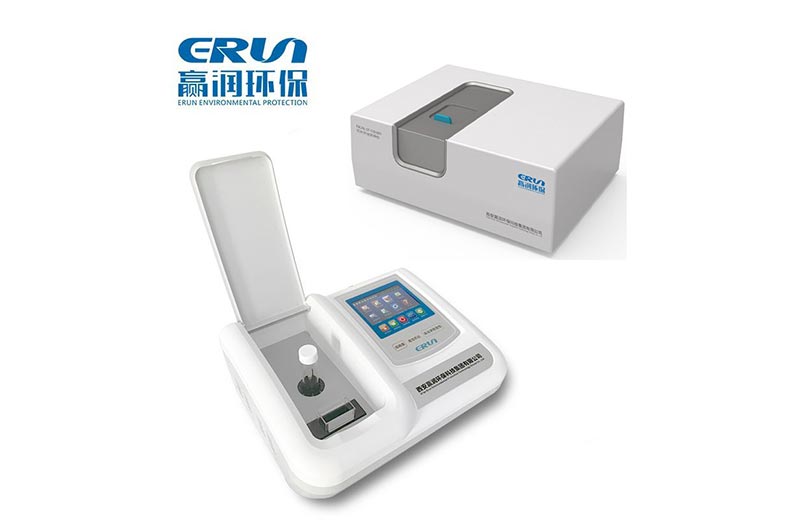The quality of the feed water directly affects the salt content of the pot water, which in turn affects the steam quality. Poor feedwater quality can lead to corrosion and scaling problems in the boiler feedwater system, and may cause the boiler discharge rate to exceed the specified value.
Decreased steam quality and lack of cleanliness can contribute to the formation of salt scale on the surface of boilers, turbines and other thermal equipment, which poses a serious threat to the safe operation of boilers and turbines.For example, when the salt deposits in the superheater tube wall, will not only reduce the heat absorption of steam, so that the exhaust temperature increases, the boiler efficiency decline; in serious cases, it will also lead to the wall temperature exceeds the limit of the material to withstand, triggering damage to the pipe.Salt deposits at steam line valves can lead to valve malfunction and leakage problems.In addition, the deposition of salts on the turbine's through-flow components will narrow the cross-section of the steam flow, increase the roughness of the nozzles and blades, and even change their shapes, thus increasing the turbine's operating resistance and decreasing its power output and efficiency.In addition to this, salt deposition increases axial thrust and blade stress in the turbine, and non-uniform salt accumulation may also cause unit vibration, leading to safety accidents.

To ensure that the boiler system operates safely and efficiently, and that the steam quality meets production requirements, it is important to test the boiler steam and feedwater. The following are some of the testing indicators that need to be focused on:
1. pH: The ideal feedwater pH is usually between 8.5 and 9.5, too high or too low may lead to corrosion or scaling of the system.
2. Dissolved Oxygen: Excessive levels of dissolved oxygen accelerate the corrosion of metallic pipelines and usually need to be kept at low levels.
3. Total hardness: Including ions such as calcium and magnesium, high hardness water tends to lead to scaling, which affects the efficiency of heat transfer.
4. Chloride ions: Excessive levels of chloride ions may aggravate metal corrosion, especially in systems made of stainless steel.
5. Suspended matter: The presence of suspended matter can lead to clogging of pipes and affect the smooth flow of water.
6. Iron and copper ions: the presence of these metal ions may facilitate the corrosion process.
7. Silicon dioxide: High levels of silica may form insoluble silicate scale at high temperatures, affecting boiler performance.
1. Dryness: Steam dryness reflects the amount of moisture in the steam, and high quality steam should be dry, i.e., close to 100% dryness.
2. Sodium ions and silica: The presence of these substances indicates the presence of feedwater-carrying substances into the steam, which may cause fouling inside the superheater and turbine.
3. Conductivity: The conductivity of steam can indirectly reflect the amount of impurities in the steam, pure steam is almost non-conductive.
4. Non-condensable gases: The presence of non-condensable gases affects the quality of the vapor and reduces the efficiency of heat exchange.
5. Cleanliness: The steam should not contain mechanical impurities or other contaminants that could affect the normal operation of the equipment.

Regular testing of these indicators can detect and solve the hazards of poor quality of boiler steam and feed water, ensure the stable operation of the boiler system, extend the service life of the equipment, and also ensure the safety and economy of the production process. In addition, according to the specific use of the environment and requirements, may also need to pay attention to other specific testing programs.